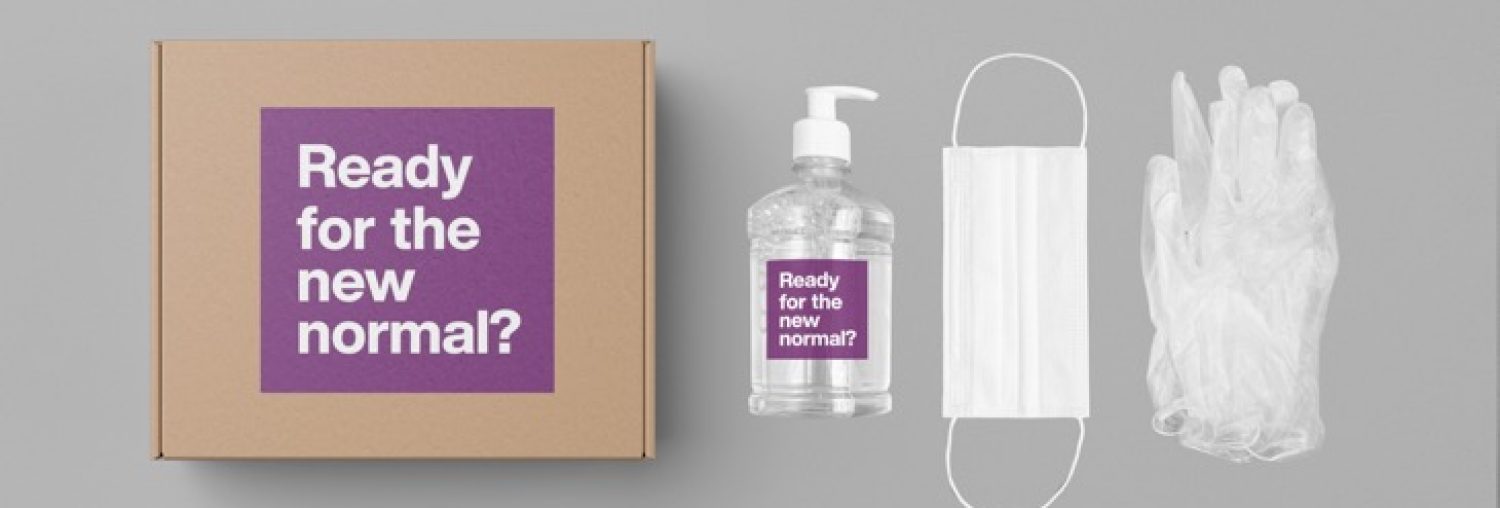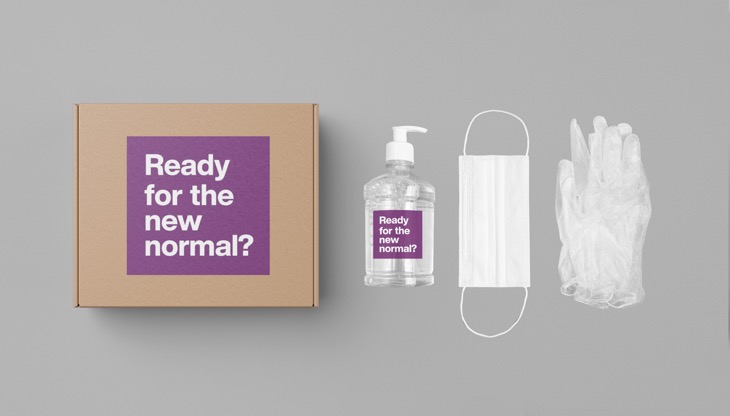We have witnessed a health emergency without precedents for a century, and all the fears and uncertainties we had, have been aroused. We had thought that the big change came with the digital transformation, but it was brought about by a non-computer virus.
Clearly, Covid has affected our Maslow’s pyramid in a very special way. And communication must be able to address those vital human needs. So, I’m going to guide my brief introduction on how to manage communication in this return to the new normal by following Abraham Maslow’s pyramid.
The base of the pyramid, which refers to the most essential physiological needs, is the one that we need to have covered in order to survive: a livelihood, food… Clearly, business communication must first address the doubts as to how this crisis might affect the economic resources of their employees. Without over-promising, because the future is uncertain for everyone, but providing some keys. How is the company doing? How has the crisis affected us? How can it affect our employees?
When we have responded to the most primary physiological needs, we continue to climb the pyramid towards the need for safety: What measures have we taken in the company to prevent the spread of the virus? cleaning, uniforms, transportation to work, serological tests available, adaptation of common areas, use of lifts, should I wear a mask and gloves, who can return to work and who should still stay at home? How do we ensure physical distance?… In the end, we must give the teams the feeling, so that they are not afraid to come back, that their workplace – just as their home has been these past few weeks – is a safe and sanitary place. And we must transmit this feeling before their return to promote, not only that they must, but that they want to return.
The third link in the pyramid is the need to belong. Although the teams have been seeing each other remotely, seeing each other again is an important and emotional moment. It is when we reconnect with corporate culture and people, and recalibrate. From communication, we have to prepare this moment, explain that we are waiting for them, that we have everything ready for them and that we will be careful of the safety and of the affection. The return will incorporate a new design of spaces (with panels), a reduction in the density of employees with shifts or arrival waves, a daily temperature measurement… The tone with which we do all this can either make them feel welcome or guilty of a hypothetical contagion. Managers must be prepared and trained to hold conversations with people who – in varying degrees – have experienced stressful situations. The simple question: “How are you?” now acquires a tremendous complexity. Here, communication and conversation kits must be prepared for managers, aligning the story and the moments. Also we must offer spaces for conversation between colleagues – with distance – and even a new liturgy of greeting, personalized in each organization.
What do we do with the common spaces – canteen, rest areas – which is to a great extent where the corporate culture is nourished? How do we take care of the emotional bonding of the teams to the company, how do we reorganize the meetings? (standing meetings increase creativity by 60%), and how do we socialize the new rules in a positive way?
The fourth link is related to the need for recognition and esteem. After the sacrifices and learning of two months in confinement we will demand more than ever recognition and confidence from our leaders. Also, autonomy and personal independence (If I have been able to telework for two months, why don’t they let us keep this option? My children will not return to school until September, I must be able to reconcile this). The leadership will be challenged and the employees will want their contribution to be visible during this time. Learning to recognize, to trust, to share, to empathize… are now essential skills. And they are lessons that are not given in the business schools that train leaders in control and management, rather than in trust and co-creation.
It is said that it takes between 21 and 66 days to form a habit, and therefore to create new neurons. For those who have teleworked or have been through an ERTE… Do we know what has mutated in their habits after two months of remote contact? Will we know how to integrate it?
Managing a communication, a participatory and humble public dialogue, which leads to genuine recognition, to a celebration of learning, to accept one’s own vulnerability because we no longer have the sure recipe for success, will be a great challenge for managers and, from communication and people, we must facilitate this path. We are the main agents of change in the organization.
And finally, at the top of the pyramid, the fifth link: the need for self-realization. Here, how top management knows how to transmit vision and coherence with the purpose plays an essential role. What is our Covid story? How have we contributed positively to the present moment? Employees will be satisfied if they believe that their organisation contributes to the common good and if it has been able to adapt with flexibility and creativity to new challenges and opportunities. If it was already essential for the younger generation, to prioritize meaningful work, will increase universally. All those who have had an “essential” role during this crisis will emerge greatly strengthened in their motivation and commitment to their work, provided of course that the other links are well covered.
To make matters more complicated, all these needs are not identical for everyone. There is a gap in work, generational, emotional and health experience to be taken into account. There is a big difference between those who have continued to work face-to-face (for essential services or in an industry), those who have teleworked and those who have gone through an ERTE. There are different personal experiences and affectation of the illness: if they have passed the illness, if they have lost a family member or a close friend… And there are people who are groups at risk and will have more reservations. The last challenge the managers face is the necessary personalization and adaptability they need to have to meet these needs from different prisms.
Communication is the best medicine for your organization. And, having said that, the most important thing these days is not the big welcome signs, the dense protocols, the “back to the office” parties, but that communication that achieves the effect without the carefulness being noticed. Authentic communication, focused on the person, listening and empathy.





